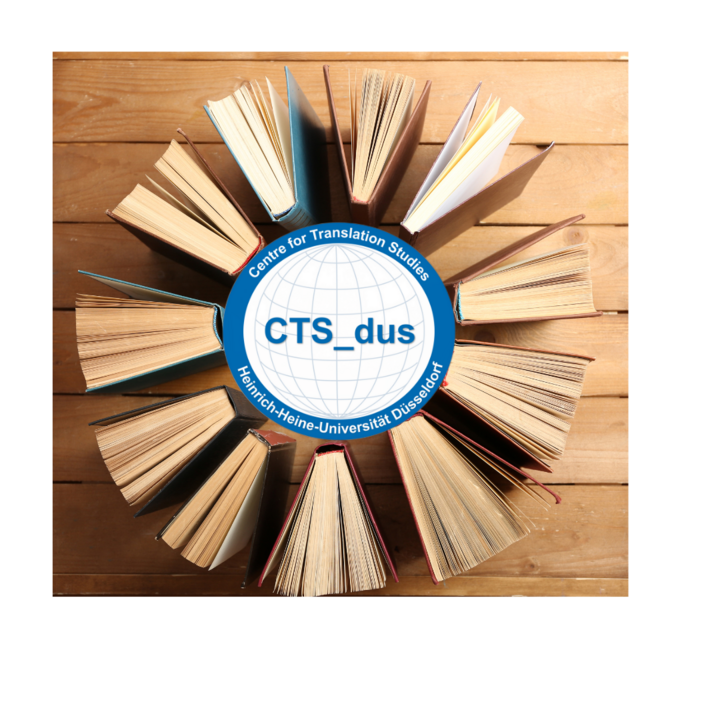Haus der Universität (BSR 2)
Moderation: Dr. Yongli Li & Dr. Hannah Pardey (HHU)
Guest Lecture as Part of the Lecture Series “Global China: Transhistorical, Transcultural and Translational Perspectives”
Abstract: “What is World Poetry?” asks Stephen Owen (1990) in regard of a new anthology by the Chinese dissident poet Bei Dao. Owen criticized Bei Dao’s as “a poetry written to travel well,” a kind of international poetry that translates itself. It represents a specimen of a creature that never existed before: “world poetry,” detached from any national context and only accidentally written in one national language. Owen’s criticism pioneered a new wave of discussion on “world literature” since the 1990s. While David Damrosch (2003) asks contemporary works to serve as “windows on the world” to qualify as “world literature,” for which translations serve as passports for them to travel through linguistic spaces, Emily Apter (2013) famously argues against World Literature as an institution as endorsing cultural equivalence and substitutability through translations, or celebrating nationally and ethically branded “differences” that have been niche-marketed as commercialized “identities.”
In this lecture, I propose to reexamine this issue in the digital age. Enabled by digital reading platforms, social media, and AI-translation, “passports” that enable literary works to travel across borders are cheaper than ever. Technology hereby generates a new type of literature that is hypertranslatable, truly “accidentally written in one national language.” We thus need to start reconsidering untranslatability not as a hurdle to, but as an affordance for, reinventing a kind of “world literature” that worlds (welten in Heidegger’s term), that opens up new horizons for our linguistic being in the digital world.
Zhiyi Yang is Professor of Sinology at Goethe University Frankfurt. Her research investigates how Chinese classical lyric traditions intersect with aesthetics, history, intellectual history, cultural memory, as well as media and culture. She is the author of Dialectics of Spontaneity: The Aesthetics and Ethics of Su Shi (1037-1101) in Poetry (Brill, 2015) and Poetry, History, Memory: Wang Jingwei and China in Dark Times (University of Michigan Press, 2023). Both books now have two Chinese editions. She is currently writing a monograph on avant-garde classicist poetry in the Sinophone cyberspace and collaborating with scholars on an interdisciplinary project of global Sinophone classicisms.


